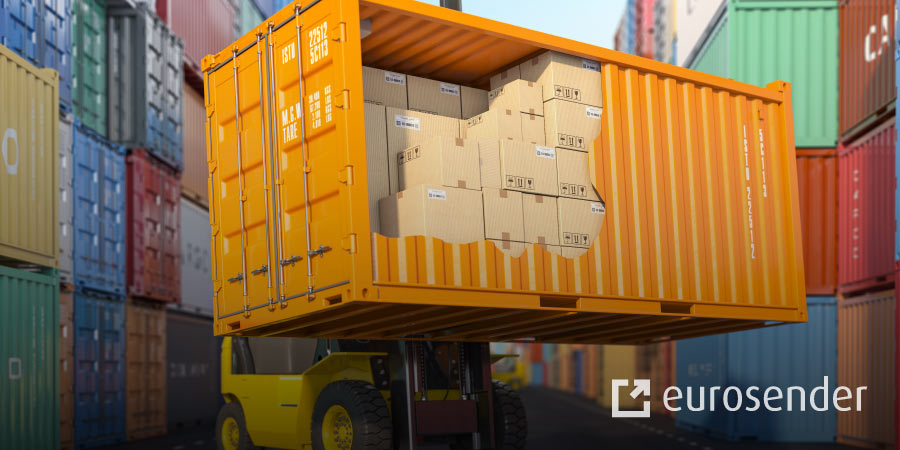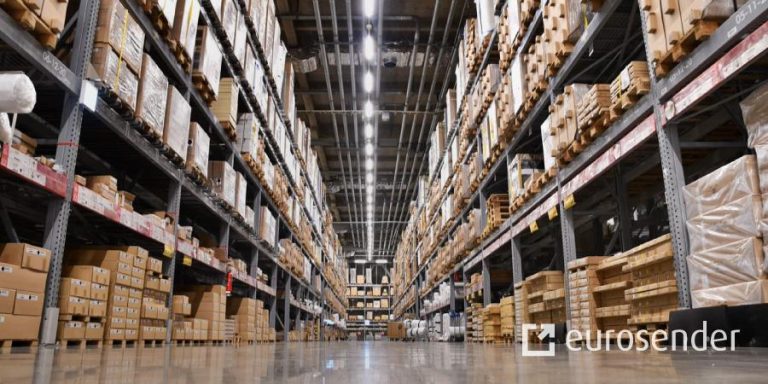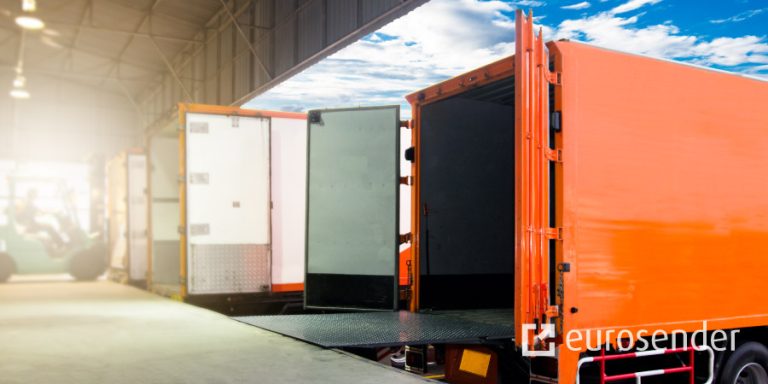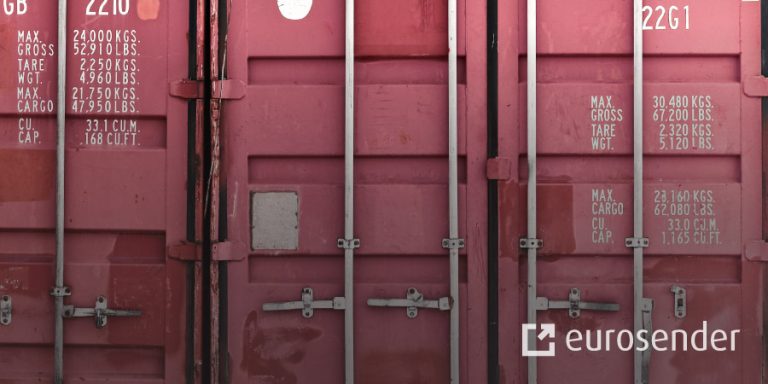What Is Freight Consolidation | Meaning & Benefits
TL;DR
- Freight consolidation bundles multiple shipments headed to the same destination into one container or truck, offering cost and logistical advantages.
- Benefits include lower shipping costs, increased safety, better control over processes, improved delivery consistency, enhanced flexibility, higher customer satisfaction, stronger carrier relationships, and eco-friendliness from reduced fuel consumption.
- Two types of freight consolidation include combining small parcel shipments into LTL (Less Than Truckload) and combining multiple LTL shipments into a full truckload.
- Disadvantages include planning challenges, potential delays, and unsuitability for fragile or hazardous items.
Freight consolidation is a logistics process in which several shipments going to the same destination are bundled or consolidated on a single container/truck, then transported together to the delivery location. There are numerous advantages associated with freight consolidation, not only for the shipper but also for the freight forwarder and the final recipient.
Read about the types of freight consolidation, as well as its advantages and disadvantages.
You may also be interested in:
- The definition of consolidation
- The definition of deconsolidation
- What is consolidated shipment delivery?
Create an account for free!
8 Advantages of freight consolidation
1. Minimised freight shipping costs
Most shippers and logistics providers would agree that this is the most important advantage of freight consolidation. If you only use half or two-thirds of a trailer, you will still most likely have to pay for the entire space, unless you ship with consolidated LTL shipments.
Freight consolidation combines multiple LTL shipments that are traveling to similar locations into one full truckload, and you only pay for the space your freight occupies. You, therefore, avoid the charges for renting a whole container or truck, as well as other unnecessary freight costs.
2. Increased safety
Another huge advantage of freight consolidation is that since your shipment travels in fewer vehicles, there are fewer transfers involved. Your cargo is handled less than other shipping methods, so there is a lower risk that something will go missing or be delivered to the wrong destination.
There is also an increased reliability factor. Logistics providers that offer freight consolidation services usually have the experience to properly handle your freight.
3. Better control over the shipping process
Opting for freight consolidation gives you more control over shipping deadlines. You will also be able to manage the entire distribution chain either on your own, or through a 3PL provider.
When cargo shipments are not consolidated, any issues that happen during transport must be resolved by your logistics provider and are out of your control. Shippers that have their own consolidation warehouse and implement quality control measures can monitor the quantity and flow of goods being delivered.
4. Increased consistency
Once you learn the ordering patterns of your customers and as long as you choose a reliable logistics provider, freight consolidation can help you get your shipments to the right destination smoothly with minimal interruptions. This allows you to have inventory readily available for your customers and not rush to ship orders.
Aim to create a consistent schedule that meets the demand of your customers and boosts your supply chain efficiency.
5. Improved flexibility and time management
With freight consolidation, your cargo is only handled twice before it reaches its destination. Freight transit times will be faster with consolidation services as there are typically no stop-overs. Shippers that manage their own consolidation warehouse can store inventory ready to be shipped whenever needed. This improves how fast and flexible you can be when preparing to ship to your customers.
6. Increased customer satisfaction
There is nothing worse than shipments being delivered to customers late. Not only this, businesses need to constantly keep up with demand in order not to lose customers.
In today’s ultra-competitive market, considering a freight consolidation solution is more necessary than ever before. Retailers and buyers are requiring smaller but more frequent orders. This means shorter shipping lead times and fewer products to fill an entire vehicle. Consolidating freight shipments is one way to reduce lead times and improve your performance.
Using freight consolidation helps you to get orders to customers quickly and efficiently. For example, a shipment that is cross-docked several times can take up to 10 days to reach its destination, whereas a consolidated load can arrive in approximately 2-3 days. As a result, freight consolidation is advantageous because it ensures that customers routinely receive orders on time, especially if you strategically forward stock inventory in advance.
7. Better carrier relations
By making better shipping decisions, you will be able to build lasting relationships with carriers and freight forwarders. It will mean that they are willing to collaborate with you and may offer better pricing in the future.
8. More sustainable for the environment
For eco-conscious shippers, freight consolidation boasts the advantage of being a sustainable logistics solution, as it means less fuel is used for transporting cargo. If loads are transported together in one truck instead of multiple trucks separately, you reduce carbon emissions as well as congestion.
What types of freight consolidation are there?
There are 2 basic types of freight consolidation:
- Consolidating multiple small parcel shipments into a single LTL shipment.
- Consolidating multiple LTL shipments into a single truckload or intermodal shipment.
Disadvantages of freight consolidation
Although freight consolidation has many advantages, there are some disadvantages that must be considered as well:
- Lots of planning needed – Consolidating your freight requires work to find a suitable logistics provider at an affordable price. You also need to develop strategies to handle any delays that may happen during the shipping process.
- Potential for inconvenience – Consolidating your freight may increase the time needed for shipments to arrive since the consolidation and deconsolidation processes add more work to the logistics process. Delays may lead to a negative customer experience or leave you without sufficient stock.
- Not applicable to all shipments – Fragile, perishable or hazardous cargo is not suitable for consolidated freight shipping. Broken or expired products can cause you to lose money and frustrate your customers. Hazardous materials may cause dangerous accidents when put with other cargo. Additionally, international shipments that need to go through customs can be delayed if they are consolidated.
Freight consolidation solutions with Eurosender
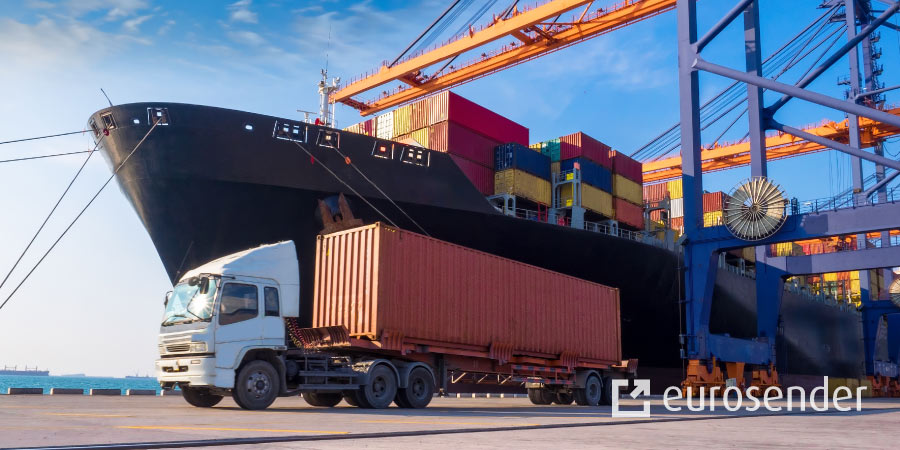
Thanks to our collaboration with reliable freight carriers, we can offer some of the most competitive rates on the market!
Now that you know the advantages of freight consolidation and how it can improve your business shipping, contact our team to learn more about the services we can offer you.
Interested in learning more about pallet and freight shipping? Check all our articles about pallet deliveries.
Create an account for free!
About the author
